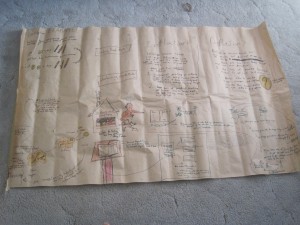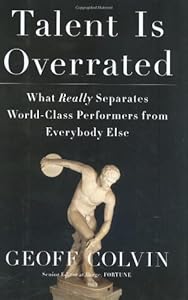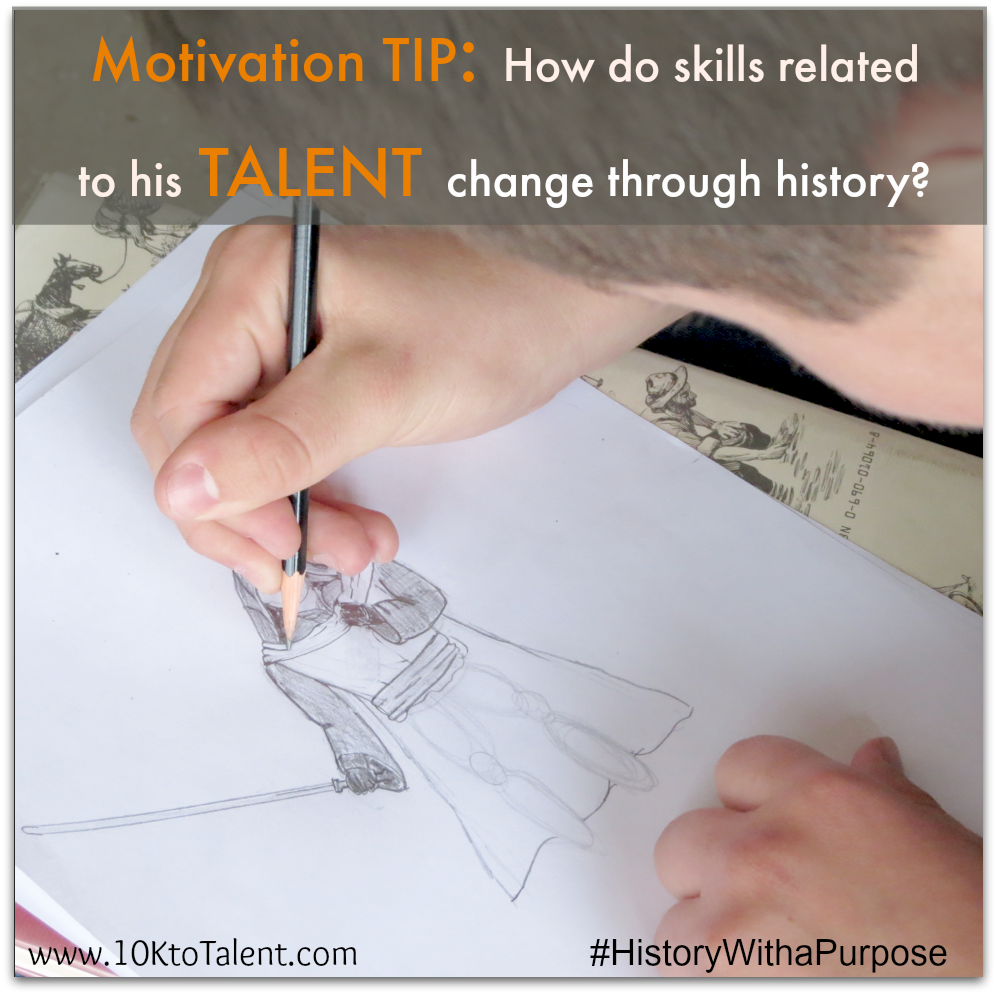My friend Will G. is an experienced homeschooling Dad who has helped his teenage son line up several talent mentor relationships over the years. Fathers will do really well at this kind of task list, so I recommend you pass this on to the dad to push the opportunities to the next level. Note that step number 6 is what keeps the mentors coming back to the table to help your 14 year old son on his quest to becoming the best.
This is how you get started finding experts for your son’s field of interest by using these tips from Will:
- Screen potential mentors by looking at your circle of friends of acquaintances to see if they have both the expertise AND integrity to be a positive role model
- Approach the expert in his field to see if he will let your son just stand by and observe work on a very specific, one-time task, without asking about any kind of mentoring possibility.
- As a father, watch to see if there is a positive dynamic between that expert and your son
- Approach the chosen expert and ask if your son could follow him for a part of day on a regular occasions – if the experts say “yes”, you will have your first official mini talent “mentor” (you can have more than one)
- Encourage your child to help the expert by doing specific tasks while he is tagging along.
- Have your child get VERY good at a specific, narrow, sub-task so that he is establishing a little reputation of his own as being dependable, bright, and a joy to be around. This will pave the way to more extended mentor opportunities.
- Rinse and repeat this process with other experts, building your child’s expertise as he goes up the pyramid of responsibility and ability.
To also help convince potential mentors, you want a blog portfolio of what your young person has already done in that same field of interest. Don’t have a blog yet? No problem, your son can jumpstart to a full blown blog within a month’s time by following the “Blog to Your Talent” e-course.

Updated: May 2014

















